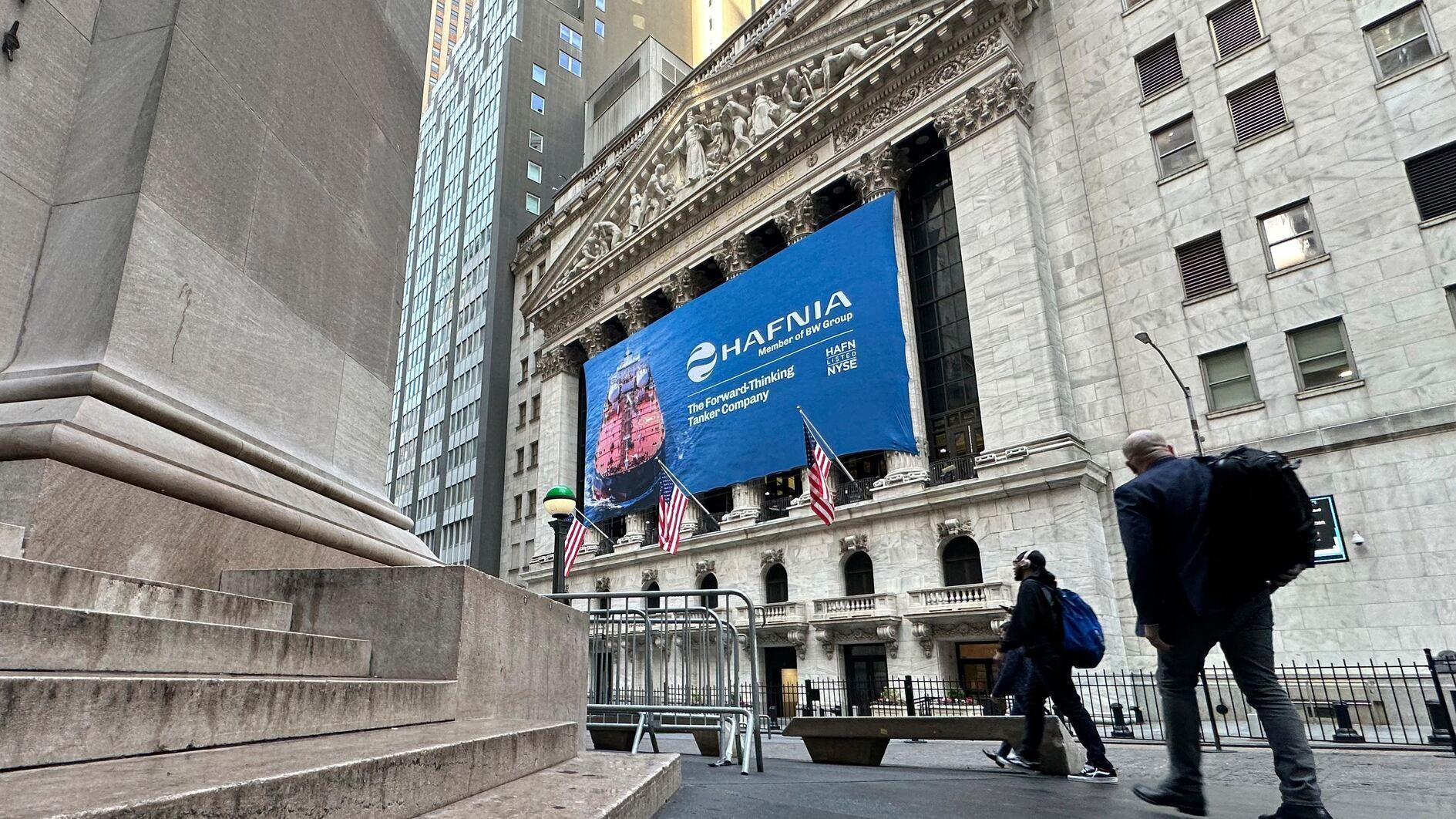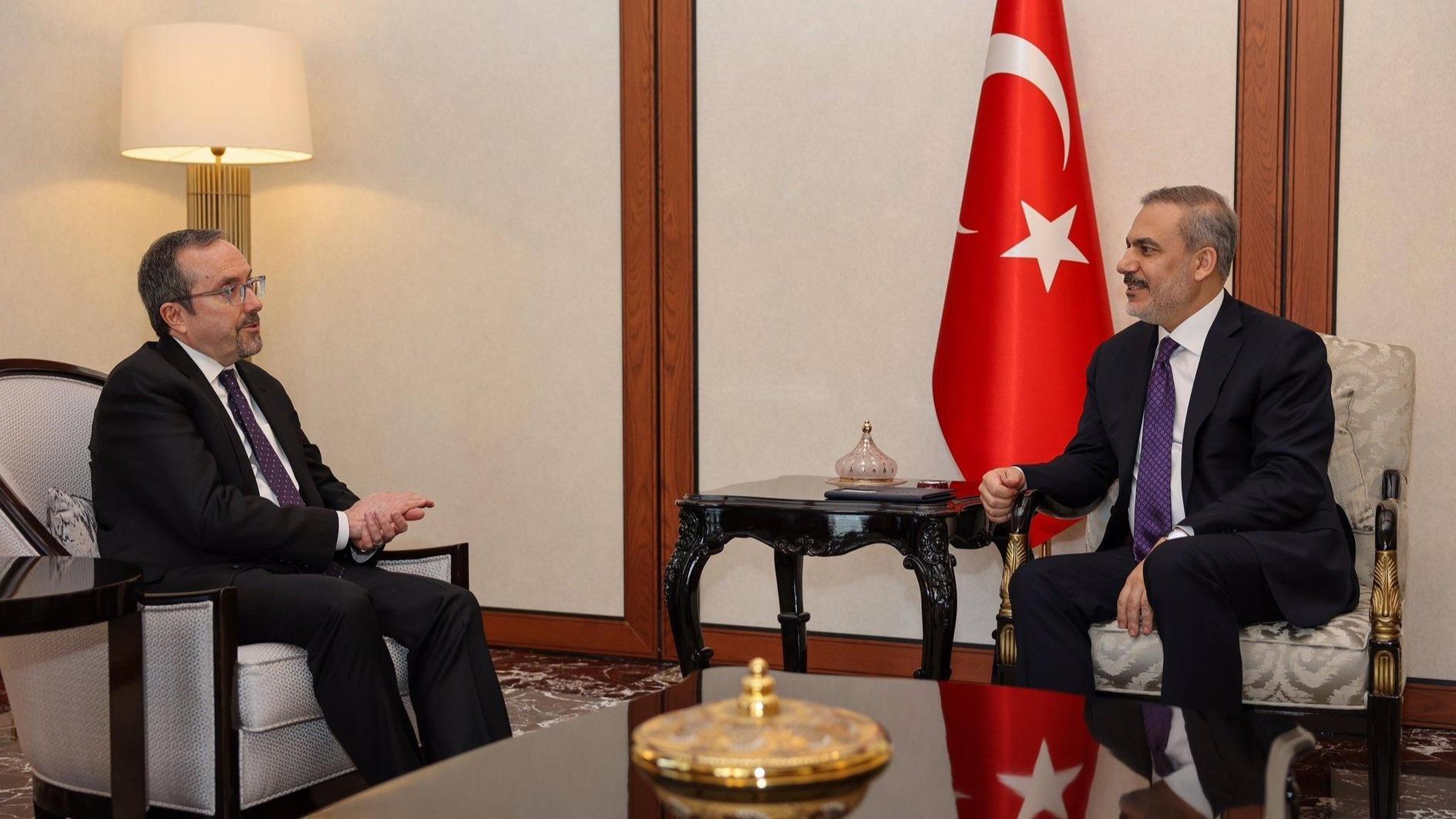Trump makes new friends while parting ways with allies
U.S. President Donald Trump is alienating America’s allies while making new friends at the same time. Before the shock of Trump’s latest tariff threats at G-7 meeting had even dissipated, the president was off to Singapore for his historic meeting with North Korea’s Kim Jong-un.
Kim’s commitment to denuclearization should be welcomed as a positive development to reduce the risk of military confrontation – even a nuclear one – between Washington and Pyongyang. But in terms of content, the summit’s accomplishments fall short of the media coverage it received. The absence of a clear outline, timetable and concrete assurances to verify North Korea’s denuclearization makes the accord a mere document of intent. Accordingly, the period to come will indicate the true commitment of the parties. Only then will we be able to conclude whether this summit was a victory or a media circus.
The Singapore summit boosted the international image of North Korea, which has a problematic record on nuclear disarmament, to say nothing of democracy and human rights. Ironically, the meeting actually rewarded Pyongyang’s nuclear ambitions, and one wonders what conclusions Iran will draw from this.
Trump’s pledge to halt military exercises in South Korea – a unilateral decision reportedly taken without Seoul’s knowledge – and ultimately downsize the U.S. military presence on the peninsula in return for vague reassurances will undoubtedly create serious repercussions in regional power balances. There are currently 32,000 U.S. troops in South Korea and 50,000 in Japan. Trump’s description of the United States’ overseas military presence as “costly” greatly worries Japan, which relies on the U.S. for defense as part of a security pact signed after World War II.
When assessed together with Trump’s withdrawal from the Trans-Pacific Trade Agreement, the steps are likely to strengthen the perception that Washington is retreating from the Asia-Pacific. For quite a while, U.S. allies have been seeking alternative partners and even trying to mend ties with Beijing so as to reduce the level of conflict. Accelerated diplomatic dialogue between Japan, India and Australia to enhance strategic cooperation deserves attention in this respect, as does high-level economic dialogue between Tokyo and Beijing, recently resumed after seven years.
China has an undeniable role in forcing North Korea to come to negotiations by supporting U.N. sanctions against Pyongyang. Kim’s visit to Beijing prior to his meeting with Trump, as well as China’s statements on Washington’s cessation of “war games in South Korea” ahead of Trump’s press conference, demonstrated how much China is involved as a leading partner in the process. Even the basic principle of the agreement signed in Singapore – a North Korean halt to missile tests in return for an end to U.S. military exercises with South Korea – emanates from Beijing.
In order to de-escalate tension between Washington and Pyongyang, China posited the idea of a “dual freeze” last year, later gaining the support of Russia. The possibility of a U.S. military drawdown in the region is surely something to be welcomed by China, which has been consolidating its regional hegemony in the South China Sea, a strategic gateway between the Indian and Pacific oceans, by building militarized, artificial islets.
It is hard to understand the logic behind Trump’s maneuvers when the U.S. National Security Strategy outlines China as one of the country’s major challengers. It seems that he is pursuing a foreign policy line that prioritizes winning mid-term elections more than fulfilling long-term national interests. Trump’s offensive rhetoric and challenges to friendly countries are accelerating the erosion of the Western alliance. But more than that, his policy choices undermining the liberal democratic order are laying the ground for a post-American world.
Against this backdrop, it is worth pondering how China, in spite of its authoritarianism, has presented itself as a spokesperson for globalization and sought to showcase itself as a defender of international institutions and norms – certainly more so than the U.S.











